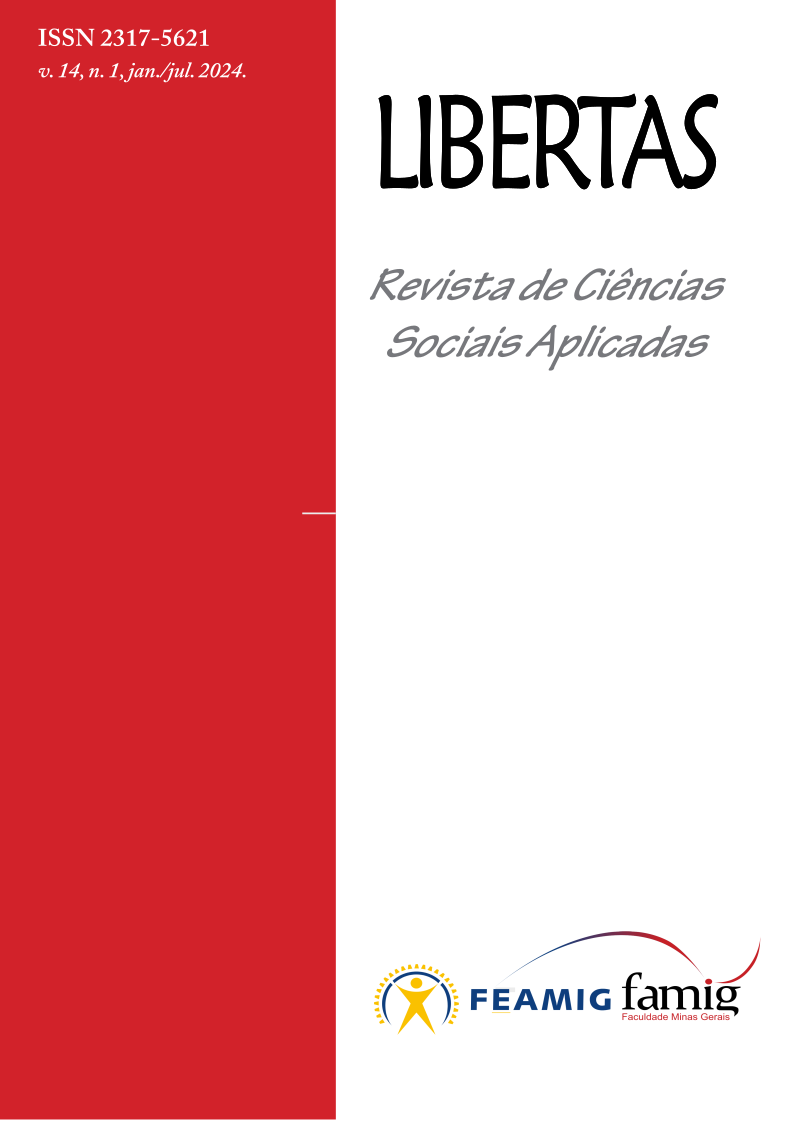Civil freedom in esposito
an analysis of society under the balizes of institucionalism
Keywords:
institutions; freedom; security; civil disobedience; renovationAbstract
The article in question aims to analyze the dichotomy of institutions as collective tools, without support from the will of the individual, or structures that enable individual rights, this being the starting point to discuss institutionalist thinking from different authors. Once the term “institution” has been conceptualized, an analysis is proposed based on the conception of Roberto Esposito, an Italian thinker, specialist in moral and political philosophy, about the nature of institutions, in his book "Institutions" (2021). The methodology used also sought to list a series of historical excerpts capable of highlighting the topics covered. Among the excerpts, there is the thought of Michel Foucault in his work "Discipline and Punish" (1975), as well as movements based on civil disobedience. Finally, the reflection, according to Esposito's conception, that it is not paradoxical that a radical movement also exists as an instituting force. In reality, this dynamic is precisely what allows the process of institutional renewal.





